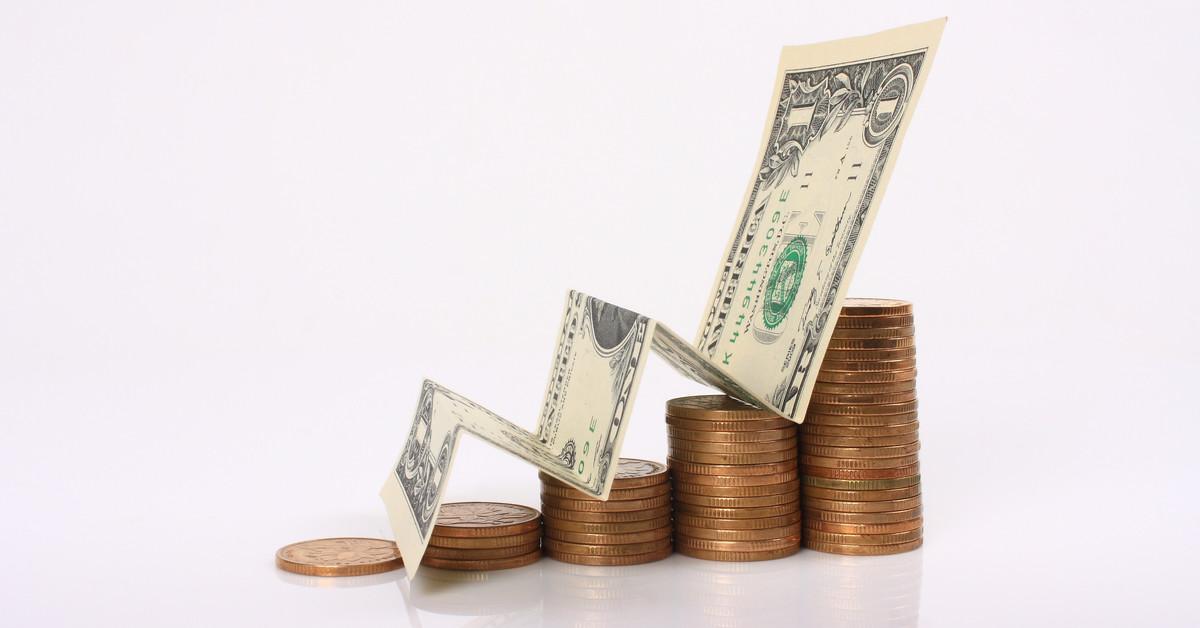CDs Offer Big Rewards — If You Follow the Rules
What are CDs? Learn more about this type of savings account and find out some of the best CD rates.
Sept. 24 2020, Updated 3:09 p.m. ET

A certificate of deposit or CD—sometimes known as a fixed deposit, time deposit, or term deposit—is a type of savings deposit with strict rules but appealing interest rates. Keep reading to find out what CDs are, how CDs work, and what some of the best CD rates are.
How do CDs work?
A CD is like a traditional savings account, except that it requires a higher initial deposit than savings accounts. You can’t deposit more money following your initial deposit and you can’t withdraw money before the end of the term, or the maturity date, without incurring a penalty.

So, what’s the payoff? A fixed interest rate is usually better than a traditional savings account, especially for long-term CDs. The more time your money sits in the bank, the better your interest rate will be. Some CDs compound interest daily, while some CDs let you cash out the monthly interest.
You can also use a CD ladder to maximize returns. You can open multiple CDs with a variety of start times and term lengths. “This disbursement strategy gives you access to money at various times and at various rates,” Credit.com explains. “You avoid being locked into any single term, interest rate or maturation date. And can therefore reap the benefits of a CD without need to risk paying penalties if you need money early.”
What are the best CD rates?
Recently, Bankrate released its list of the best CD rates for September 2020 with the options grouped by the length of the term. “When selecting the best CD account for you, look for the highest yield while also considering introductory rates, minimum balances, and accessibility,” according to Bankrate.
On the short-term end of the ranking, the best three-month rates belong to Bethpage Federal Credit Union, BrioDirect, and Navy Federal Credit Union. All of them offer a 0.50 percent annual percentage yield (APY) with minimum deposits of $50, $500, and $1,000, respectively.

For the best one-year CD rates, Bankrate recommends SchoolsFirst Federal Credit Union with its 0.85 percent APY and $500 minimum deposit, Limelight Bank with its 0.75 percent APY and $1,000 minimum, and Sallie Mae Bank with its 0.60 percent APY and $2,500 minimum deposit.
At the long-term end of the ranking, the best five-year CD rates belong to Delta Community Credit Union with its 1.50 percent APY and $1,000 minimum, Golden 1 Credit Union with its 1.20 percent APY and its $500 minimum, and First National Bank of American with its 1.15 APY and $1,000 minimum.
Bankrate also calculated the average interest rates so that consumers can have benchmarks to compare CD options. The national average APY is 0.28 percent for one-year CDs, 0.32 percent for two-year CDs, 0.40 percent for three-year CDs, and 0.45 percent for five-year CDs.
A CD “can be a good option for someone looking to park their cash for a short period of time and earn more than a general savings account,” Anjali Jariwala, a certified financial planner and certified public accountant at Fit Advisors, recently told Business Insider. “The nice part about a CD is there is no downside risk like you would experience with investing in the stock market.”
